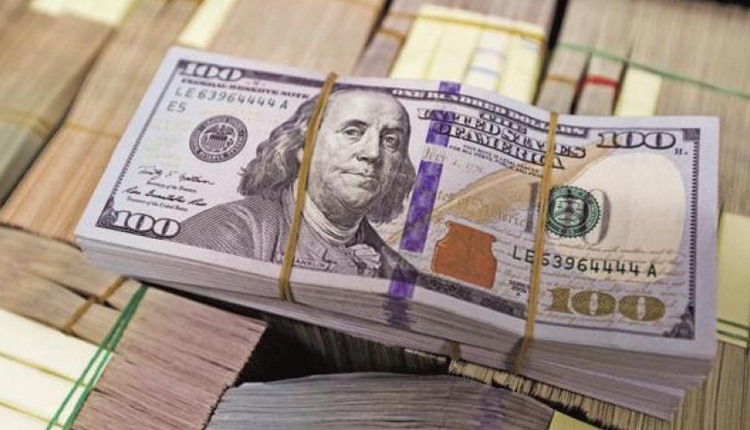The dollar traded in a narrow range on Thursday as markets settled after U.S. midterm election results came in as expected, leaving investors free to focus on a Federal Reserve’s policy decision later in the global day.
The central bank’s Federal Open Market Committee (FOMC) is expected to maintain the hawkish language seen in recent policy statements, while keeping interest rates unchanged this time.
The Fed has raised rates three times this year as the U.S. economy boomed and inflation started to pick up, and it has signaled a rate rise in December, with two more hikes by mid-2019.
“The dollar is likely to benefit as we still expect the Fed to maintain its hawkish stance. The U.S. economy needs rising rates as wage pressures are building and there is a risk of an overheating of the economy,” said Sim Moh Siong, currency strategist at Bank of Singapore.
The prospect of further Fed tightening helped the dollar recover against the euro and yen, having lost ground after the mid-term elections resulted in a split Congress, with Democrats winning control of the House of Representatives and Republicans cementing their majority in the Senate.
Expectations that the Washington will descend into gridlock has reduced President Donald Trump’s chances of pushing through a fiscal stimulus package.
The dollar index, a gauge of its value versus six major peers traded at 96.22 on Thursday, gaining 0.23 percent.
The dollar strengthened 0.14 versus the yen to trade at 113.66 on Wednesday. The dollar has gained around 1.9 percent over the Japanese currency over the last nine trading sessions due to the diverging monetary policies of the U.S. Fed and the Bank of Japan (BoJ).
While the Fed is on track to raise interest rates the Bank of Japan will press on with ultra loose monetary policy because of low growth and inflation.
The widening interest rate differential between U.S. and Japanese bonds has made the dollar a more attractive bet than the yen, which is often a funding currency for carry trades.
The euro traded at $1.1429 on Thursday. The single currency had touched an intra-day high of $1.15 on Wednesday, due to dollar weakness rather than any substantial improvement in the euro zone’s economic fundamentals.
The standoff between the EU and Rome over Italy’s budget deficit and concerns over Europe’s slowing economic growth have handicapped the euro, which has lost 4 percent versus the dollar over the last six months.
Elsewhere in the currency market, the pound traded flat at $1.3124 in early Asian trade after gaining 3.36 percent versus the dollar in the last six trading sessions, as traders bet a Brexit agreement was close.
The New Zealand dollar traded flat at $0.6776, with little reaction to its central bank keeping rates on hold at 1.75 percent on Thursday.
The Australian dollar built on its gains of the previous three trading sessions versus the greenback to trade at $0.7283, to gain 0.1 percent versus. The Aussie was cheered by stronger than expected trade data out of China, its largest trade partner.
Source: Reuters
